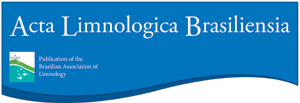Abstract
Aquatic food webs have been especially impacted in the last thirty years. This is particularly true for trophic webs with Mobile Generalist Species (MGS), which are species with high mobility (movement and dispersal) and flexibility in both foraging and habitat use. In general, MGS are large-sized species with the ability to move long distances, and they may be top predators (Large Generalist Predator; LGP) or feed lower in the food web than predicted from their size (Giant Secondary Consumers; GSCs). These species groups will play a fundamental role in connecting and rewiring human-impacted food webs, however this may be challenging because the stream network connectivity in most of the world’s largest river basins has been severely fragmented by dams.
Keywords:
reservoir; hydropower impact; top predators; trophic pyramid
